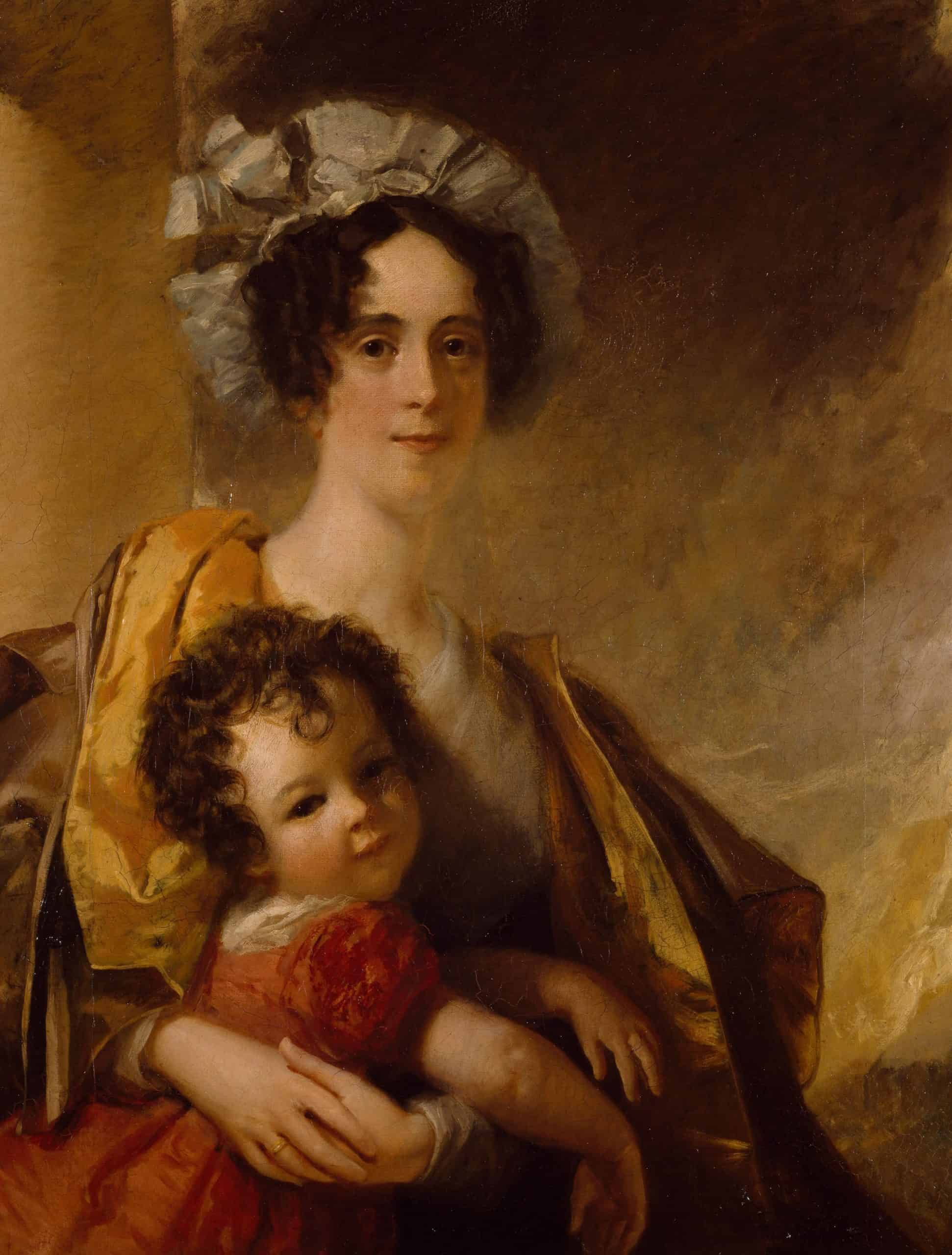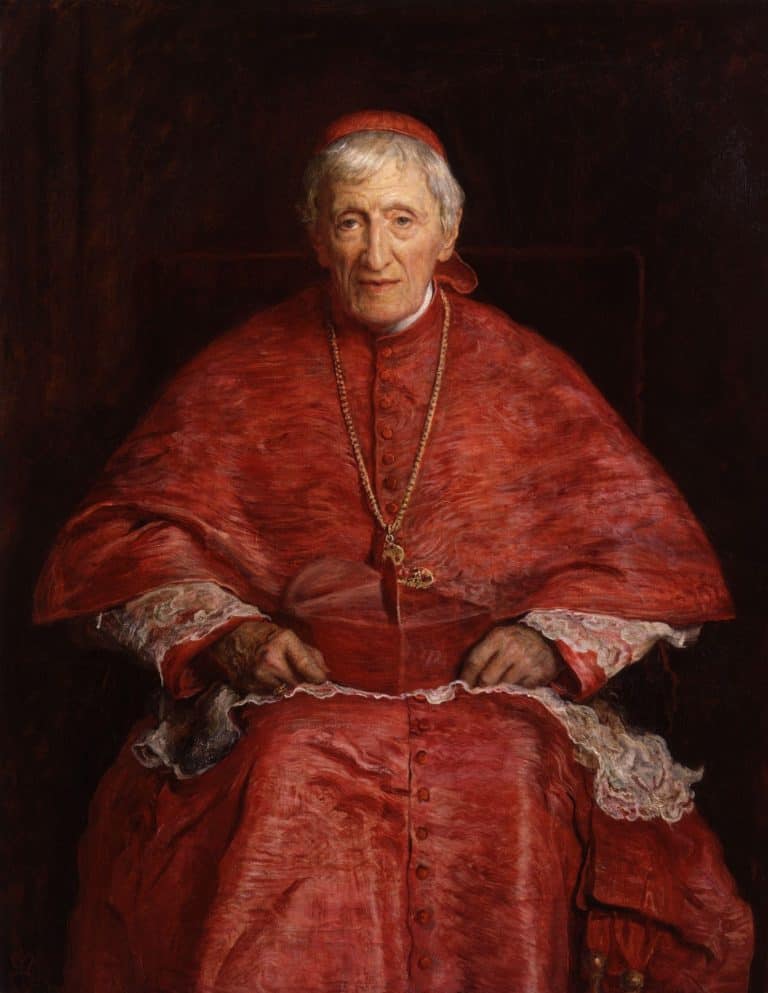Parental OCD: What is it?

Parental OCD, or Obsessive-Compulsive Disorder, is a condition characterized by persistent and intrusive thoughts (obsessions) and repetitive behaviors or mental acts (compulsions) that significantly impact the lives of parents.
While OCD can affect anyone, it presents unique challenges when experienced by parents, as it can influence their interactions with their children and their ability to carry out daily parental responsibilities.
Understanding and addressing parental OCD is crucial for the well-being of both parents and their children, and seeking professional help is often the first step towards managing and overcoming this condition.
Related Article(s) – OCD In Children
What is Parental OCD?
Parental OCD, also known as postpartum obsessive-compulsive disorder (OCD), is a form of OCD that specifically affects parents after the birth of a child.
OCD is a mental health disorder characterized by intrusive, unwanted thoughts (obsessions) and repetitive behaviors or mental acts (compulsions) aimed at alleviating anxiety or distress caused by those thoughts.
In the case of parental OCD, the obsessions typically revolve around the safety, well-being, and potential harm to the baby or child.
What are you waiting for? – Download Your FREE OCD Worksheets Now!
Parents with this condition may experience persistent and distressing thoughts or images of their child being harmed, getting sick, or experiencing accidents.
These thoughts are often accompanied by intense anxiety, guilt, and a strong urge to protect the child.
To cope with these distressing obsessions, parents with parental OCD engage in various compulsive behaviors or mental rituals.
These rituals may involve excessive checking (such as repeatedly checking the baby’s breathing), cleaning and sanitizing, seeking reassurance from others, or avoiding certain situations that trigger the obsessions.
Parental OCD can occur in both mothers and fathers and may develop shortly after the birth of the child or within the first year postpartum.
It is believed to be influenced by a combination of genetic, biological, hormonal, and environmental factors.
Examples of Parental OCD
Take The Y-BOCS OCD Test to help determine the severity of your OCD symptoms.
Excessive cleanliness
A parent may have an obsessive fear of germs and constantly engage in excessive cleaning and disinfecting rituals.
They may repeatedly wash their hands or clean surfaces in the home to an extreme degree, even when it is unnecessary or interferes with daily activities.
Organizational obsessions
A parent may feel a strong compulsion to have everything in their child’s environment organized and arranged in a specific way.
They may spend excessive amounts of time arranging toys, clothes, or other items in a particular order, and become distressed if anything is out of place.
A parent with OCD may have intense fears about their child’s safety and engage in repetitive rituals to alleviate anxiety.
For example, they may constantly check and recheck locks on doors and windows, repeatedly call or check on their child’s location, or insist on strict adherence to safety rules and precautions.
Contamination fears
A parent with OCD may have obsessive fears of contamination and take extreme measures to prevent their child from coming into contact with perceived contaminants.
This could involve avoiding public places, insisting on frequent handwashing or sanitizing, or being excessively cautious about the cleanliness of objects or food.
Intrusive thoughts and reassurance-seeking
A parent with OCD may experience intrusive, distressing thoughts related to their child’s well-being.
They may constantly seek reassurance from others, including healthcare professionals or family members, to alleviate their fears and doubts about their child’s safety or health.
Strict routines and rituals
A parent with OCD may establish rigid routines and rituals for themselves and their child.
They may feel a strong compulsion to follow specific patterns or rituals throughout the day, such as getting dressed in a particular order, following specific bedtime rituals, or insisting on specific rules or rituals for meal times.
Overprotection and avoidance behaviors
A parent with OCD may engage in overprotective behaviors, such as avoiding certain situations or places they perceive as risky or triggering their obsessions.
This could lead to limiting their child’s activities or social interactions, preventing them from experiencing a normal range of experiences and opportunities.
It’s important to note that these examples are not exhaustive, and the manifestation of parental OCD can vary significantly from person to person.
If you or someone you know is experiencing difficulties related to OCD, it is recommended to seek professional help from a mental health provider.
Related Article(s) – Health Obsessive Compulsive Disorder (Health OCD)
How Do You Develop OCD as a Parent?

The development of OCD in parents, including parental OCD, is not fully understood. However, it is believed to be influenced by a combination of genetic, biological, environmental, and psychological factors.
Here are some potential factors that may contribute to the development of OCD in parents:
Genetic factors
OCD tends to run in families, suggesting a genetic predisposition to the disorder. Having a family history of OCD or other anxiety disorders may increase the likelihood of developing OCD as a parent.
Biological factors
Certain neurochemical imbalances, particularly involving serotonin, have been implicated in OCD.
Changes in hormonal levels during and after pregnancy may also play a role in the onset or exacerbation of OCD symptoms.
Hormonal changes during pregnancy and postpartum
The hormonal fluctuations that occur during pregnancy and the postpartum period can have a significant impact on a person’s emotional and mental well-being.
These hormonal changes may contribute to the development of OCD symptoms in some individuals.
Stress and major life changes
Becoming a parent is a significant life event that can bring about various stressors and challenges.
The increased responsibilities, changes in routine, and sleep deprivation associated with parenthood may contribute to the development or worsening of OCD symptoms.
Perinatal mood disorders
Parents who experience perinatal mood disorders, such as postpartum depression or anxiety, may have a higher risk of developing OCD symptoms.
These mood disorders can interact with OCD symptoms, leading to more significant distress and impairment.
Previous history of OCD or anxiety
Individuals who have had OCD or anxiety symptoms in the past may be more susceptible to developing parental OCD, especially during the transition to parenthood.
The stress and lifestyle changes associated with having a child can trigger or exacerbate pre-existing symptoms.
It’s important to note that the development of parental OCD is not the fault of the parent, nor is it a reflection of their ability to care for their child.
Related Article(s) – 4 Fundamental Causes Of OCD
How Do Parents with OCD Affect Their Kids?

Parents with OCD can have an impact on their children, but it is important to note that this impact can vary depending on various factors, including the severity of the parent’s OCD symptoms, the quality of treatment and support they receive, and the overall family dynamics.
Here are some potential ways in which parents with OCD may affect their kids:
Increased stress and anxiety
Children of parents with OCD may experience increased stress and anxiety due to the unpredictable and distressing behaviors associated with OCD.
They may witness their parent engaging in compulsive rituals or constantly worrying about their safety, which can create a tense and anxious environment at home.
Modeling of OCD behaviors
Children learn from their parents and may imitate their behaviors, including those associated with OCD.
They may observe and internalize the compulsive rituals, reassurance-seeking, or avoidance behaviors that their parent engages in, potentially leading to the development of similar patterns in their own lives.
Impaired emotional bonding
Parental OCD can sometimes lead to reduced emotional availability and engagement with the child.
The parent’s preoccupation with their obsessive thoughts and compulsions may divert their attention away from their child, affecting their ability to provide nurturing and emotionally responsive care.
Inconsistent parenting and disruptions in routines
OCD symptoms, such as time-consuming rituals or excessive checking behaviors, can disrupt daily routines and family activities.
Inconsistent parenting or difficulties in maintaining consistent rules and boundaries may arise as a result, potentially impacting the child’s sense of stability and predictability.
Negative beliefs and fears
Children may internalize the parent’s obsessive thoughts or fears, leading to their own anxiety and distorted beliefs about danger or harm.
They may adopt similar patterns of irrational thinking or develop their own obsessive concerns.
It’s important to recognize that not all children of parents with OCD will experience these effects, and many families successfully navigate and manage the challenges associated with parental OCD.
With appropriate treatment and support, parents can learn coping strategies, reduce the impact of their symptoms on their children, and foster a healthy and supportive environment for their family.
Can I Pass OCD to My Kids?
Research suggests that there is a genetic component to OCD, and having a parent with OCD may increase the risk of a child developing the disorder.
However, it’s important to note that the development of OCD is influenced by multiple factors, including genetics, environment, and individual experiences.
Therefore, having a parent with OCD does not guarantee that a child will inherit the disorder, nor does it mean that they will definitely develop OCD.
The heritability estimates for OCD indicate that genetic factors contribute to a portion of the risk, but the exact genetic mechanisms are not yet fully understood.
Interested in more? – Check out our Must Read OCD Books List!
It is likely that multiple genes interact with environmental factors to increase the likelihood of developing OCD.
It’s also important to remember that even if a child has a genetic predisposition to OCD, it does not mean they will necessarily develop the disorder.
Many individuals with a family history of OCD do not develop symptoms, and some individuals without a family history of OCD do develop the disorder.
If you have OCD and are concerned about the possibility of passing it on to your children, it can be helpful to speak with a healthcare professional or a genetic counselor.
Related Article(s) – How to Help Someone With Obsessive Thoughts
They can provide personalized information, assess the specific genetic and environmental factors at play, and help you understand the potential risks involved.
They may also provide guidance on how to minimize the impact of OCD on your child’s life and provide strategies for promoting their mental well-being.
Remember, having OCD does not make you a bad parent, and with appropriate support and treatment, you can manage your symptoms effectively while providing a supportive and loving environment for your children.
What Treatments Options Are Available for Parental OCD?

There are several treatment options available for parental OCD. The choice of treatment depends on the severity of symptoms, individual needs, and preferences.
It is important to consult with a mental health professional to determine the most appropriate treatment approach.
Here are some commonly used treatment options:
Cognitive-Behavioral Therapy (CBT)
CBT is a widely recognized and effective treatment for OCD. It involves working with a therapist to identify and challenge irrational thoughts and beliefs (cognitive therapy) while gradually exposing oneself to feared situations or thoughts (exposure therapy).
CBT helps individuals develop healthier thought patterns and reduces the need to engage in compulsive behaviors.
Exposure and Response Prevention (ERP)
ERP is a specific form of CBT that focuses on exposing individuals to situations, thoughts, or images that trigger their OCD obsessions.
The goal is to resist engaging in the associated compulsive behaviors or rituals. Through repeated exposure to the feared stimuli, individuals can learn to tolerate anxiety and reduce the urge to perform the compulsions.
Medication
Selective serotonin reuptake inhibitors (SSRIs) are commonly prescribed medications for OCD. They work by increasing the levels of serotonin in the brain, which can help reduce OCD symptoms.
Antidepressants such as fluoxetine (Prozac), sertraline (Zoloft), and fluvoxamine (Luvox) are frequently used. Medication is often used in combination with therapy for optimal results.
Support groups
Joining a support group for individuals with OCD or parental OCD can provide a sense of community, understanding, and validation.
Sharing experiences, coping strategies, and tips for managing symptoms can be beneficial. Support groups can be in-person or online.
Family therapy
Involving family members in therapy can be helpful, especially when parental OCD impacts the family dynamics or the well-being of the child.
Family therapy can improve communication, increase understanding of OCD, and develop strategies to support the parent with OCD while maintaining a healthy family environment.
Self-help resources
There are various self-help resources available, such as books, online resources, and mobile applications, that can provide information, strategies, and exercises for managing OCD symptoms.
While self-help resources may not replace professional treatment, they can complement therapy and provide additional support.
It’s important to work closely with a qualified mental health professional to determine the most appropriate treatment plan for parental OCD.
They can tailor the treatment to individual needs, monitor progress, and provide ongoing support throughout the recovery process.
Related Article(s) – Is OCD Treatable Without Medication?
Final Thoughts on Parental OCD
Parental OCD, also known as postpartum obsessive-compulsive disorder, is a form of OCD that specifically affects parents after the birth of a child.
It is characterized by intrusive, unwanted thoughts (obsessions) related to the safety and well-being of the baby or child, accompanied by compulsive behaviors or mental rituals aimed at alleviating anxiety.
The development of parental OCD can be influenced by genetic, biological, hormonal, and environmental factors. However, having OCD as a parent does not guarantee that a child will develop the disorder, as multiple factors contribute to its development.
Parental OCD can have an impact on children, including increased stress and anxiety, potential modeling of OCD behaviors, impaired emotional bonding, disruptions in routines, and the internalization of negative beliefs and fears.
However, the severity of these effects can vary based on individual circumstances and the availability of support and treatment.
Treatment options for parental OCD include cognitive-behavioral therapy (CBT) with a focus on exposure and response prevention (ERP), medication (such as SSRIs), support groups, family therapy, and self-help resources.
A combination of therapies is often used to address the symptoms and provide support to both the parent and the family.
If you are a parent experiencing symptoms of parental OCD, it is essential to seek help from a mental health professional.
With appropriate treatment and support, it is possible to manage OCD symptoms, reduce their impact on daily life, and create a nurturing environment for both the parent and the child.





